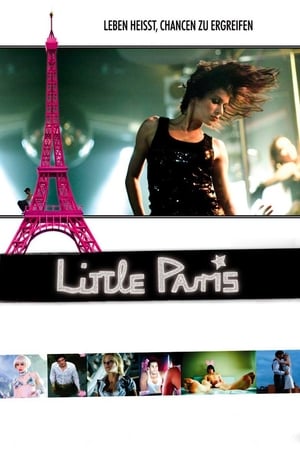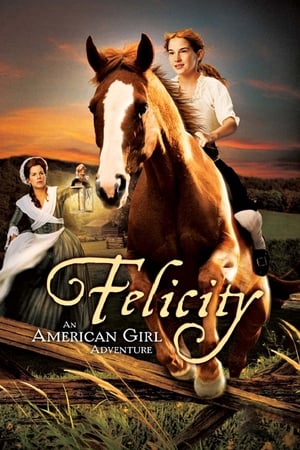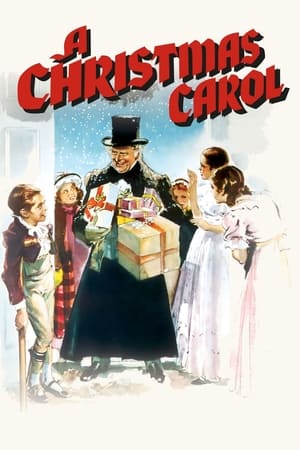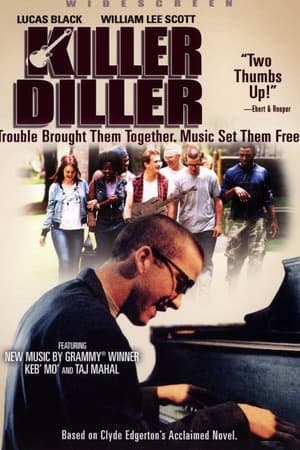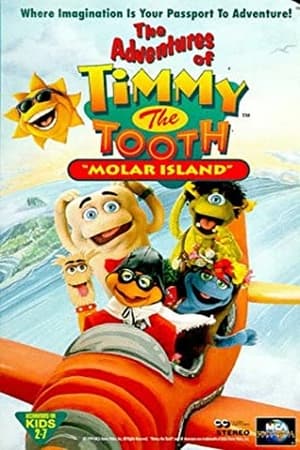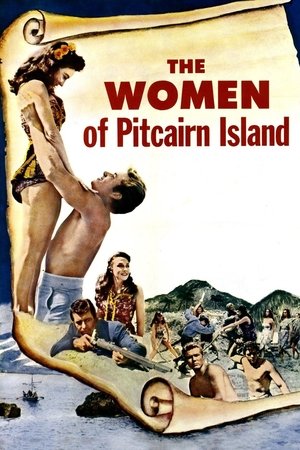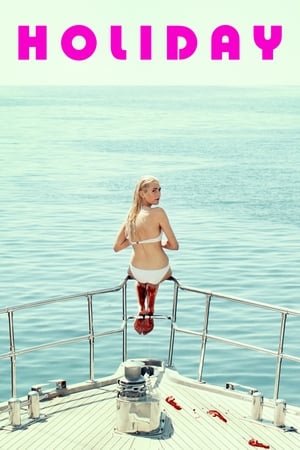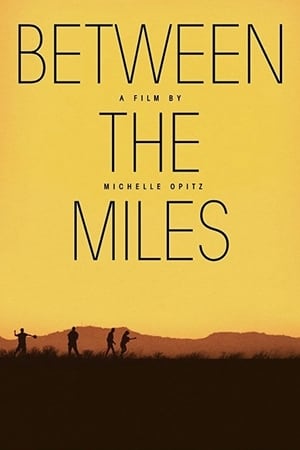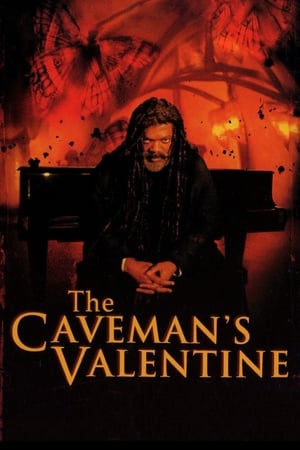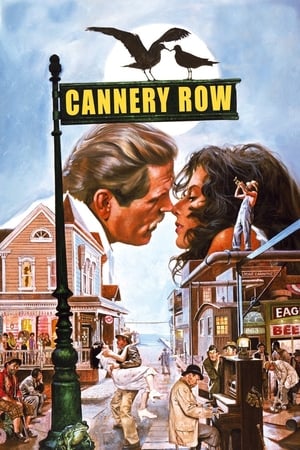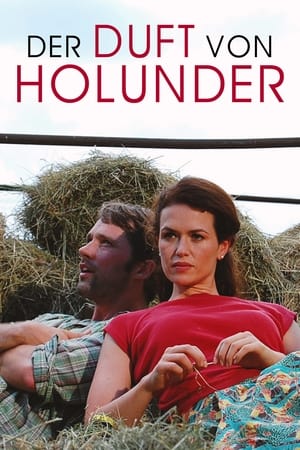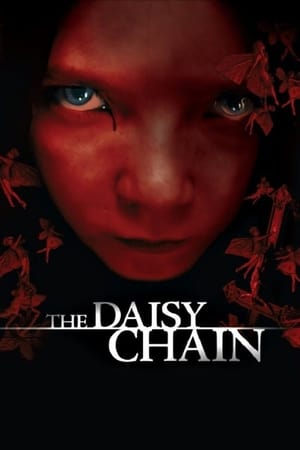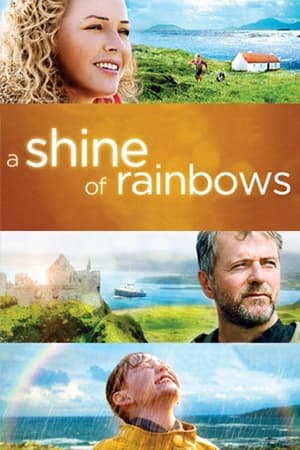Overview
An adaptation of the play by William Shakespeare. Prospera (a female version of Shakespeare's Prospero) is the usurped ruler of Milan who has been banished to a mysterious island with her daughter. Using her magical powers, she draws her enemies to the island to exact her revenge.
Reviews
**A film that seemed very promising, but ended up being very disappointing.**
I have to say that I have never read _The Tempest_ and I needed, before seeing the film, to read a little about the original play. Personally, I really like the works of William Shakespeare and have read several of his plays. And I've also noticed that the most staunch defenders of the renowned author's work are sometimes quite suspicious of cinematographic approaches. To some extent, I understand them, but I am also able to understand the need to make adaptations, cuts or changes. Perhaps the most shocking or questionable, in this case, is the change of sex of the central character, who would be a man and here was played very well by Helen Mirren.
The script essentially follows the story that almost everyone will know better than I, who have not yet read the book: Prospera, the Duchess of Milan, is expelled from her lands by King Alonso of Naples and her brother Antonio. Accused of witchcraft, she flees with her daughter, Miranda, and manages to reach an island inhabited by a creature, Caliban. Twelve years later, Miranda is a beautiful young woman, of marriageable age, and chance blows again in Prospera's favor when the men who removed her from power board a ship that, by magical arts, sinks in a furious storm, forcing them shipwrecked on her island.
The film is pleasant, but it suffers from a major flaw that is common in films with theatrical material, particularly Shakespearean adaptations: it sounds contrived and overly staged when it should sound more natural and realistic. Cinema wants actors not to act, speak or behave as if they were in a theater. If I wanted to see the original play, I would buy a theater ticket. I understand director Julie Taymor's effort to maintain fidelity to the dialogues and source material, but the truth is that she should have made the necessary adaptations, and sought to achieve greater realism and authenticity, both through the dialogues and material given to the actors, as through his personal effort in directing the scenes. The affected modes and complicated dialogues are not suitable for a cinematographic work.
With these notes, it's easy to understand how much the cast's efforts were conditioned by the material received. The cast is good, it has several great actors, with proven evidence, but it doesn't manage to give us a truly good final product that corresponds to their merits and talents. As I mentioned, Helen Mirren is the main actress, in the role of Prospera. It was a risky gesture, both for her and for director Taymor, but the truth is that Mirren did a good job and proved to be up to the challenge. Another actor worth mentioning is Djimon Hounsou. In the role of Caliban, the actor showed great physical expression and good vocal modulation. Also, Ben Whishaw leaves us an interesting and well done work, although more contained and heavily supported in CGI. The rest of the cast just do what they really need to do. On the negative side, I would highlight Felicity Jones, for the total absence of presence and charisma, and also Reeve Carney, who is too sugary and idealistic.
Technically, the film leaves a lot to be desired, and in many ways it still appears to be an incomplete project. The cinematography is pretty bad: it's incomprehensible why they didn't think of betting on a more vibrant, colorful and spectacular visual, where the CGI gained additional strength and the Hawaiian landscapes were better enjoyed and more impressive! Editing is regular, but the film's pace is still quite slow and sometimes tiring. Although some costumes try to bring to the film an aroma of the Renaissance period, the fact is that the clothes worn by the actors lack any kind of historical realism. There is a lot of green screen in the film, but the visual and sound effects are weak, and the CGI used is amateurish.

 111 min
111 min
 5.3
5.3
 2010
2010
 India
India
 Filipe Manuel Neto wrote:
Filipe Manuel Neto wrote: